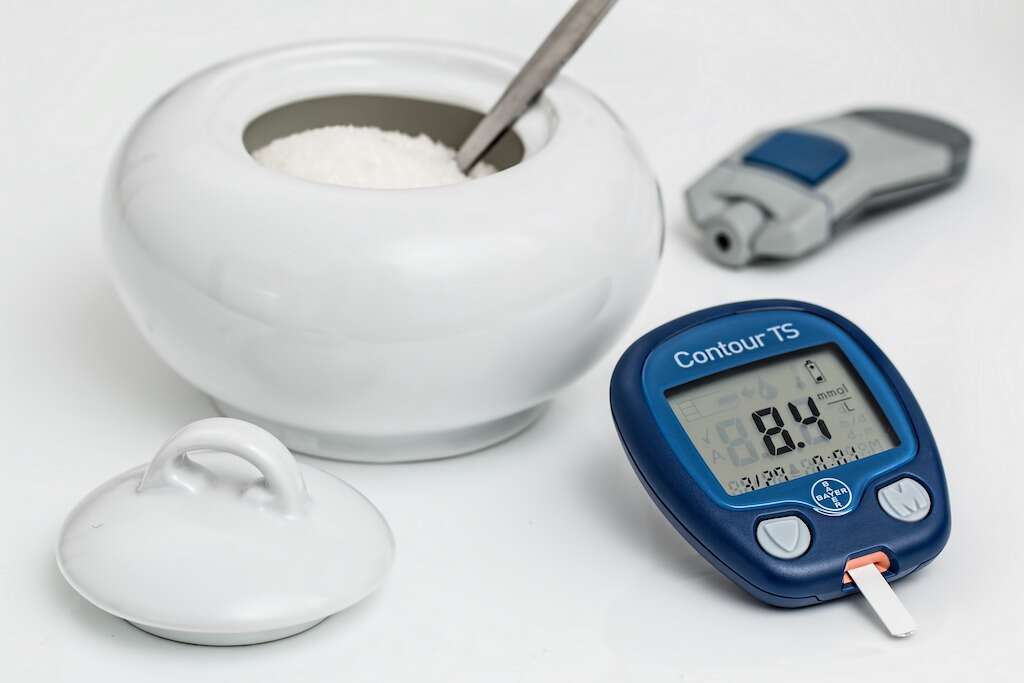Is Coffee Bad for You?
 Article Sources
Article Sources
- 1. 'What is it about coffee?' Harvard Health, www.health.harvard.edu/staying-healthy/what-is-it-about-coffee.
- 2. 'Coffee makes for a happy liver, says board of experts.' Medical News Today, www.medicalnewstoday.com/articles/320089.
- 3. 'NIH study finds that coffee drinkers have lower risk of death.' National Institutes of Health, www.nih.gov/news-events/news-releases/nih-study-finds-coffee-drinkers-have-lower-risk-death.
- 4. 'Does Coffee Prevent Alzheimer's?' Alzheimers.net, www.alzheimers.net/5-4-15-coffee-prevent-alzheimers.
Coffee has been an integral part of most people’s morning routines for several hundred years. Despite its huge popularity, coffee has also been seen by some as a beverage that is unhealthy. Large-scale population studies have changed that perception, and coffee is no longer considered bad for you, with some exceptions.
The case for the healthiness of coffee (in moderation) keeps gaining momentum and numerous studies reveal that there are major health benefits to coffee consumption. However, if you don’t enjoy drinking coffee, do not try to consume it, as genetics and the speed at which your body metabolizes substances may affect coffee’s health benefits.

1. Increased Energy
Coffee is often the first thing that is consumed in the day because it has such high concentrations of caffeine. The first cup of coffee of the morning is absorbed into the bloodstream and is carried to the brain where it assists the neurons that are responsible for energy, mood and cognitive function.
Caffeine is a psychoactive substance that is able to break through the morning’s brain fog and stimulate the nervous system into being able to concentrate and be attentive. This effect can last up to four hours but can only occur if coffee is consumed in moderation.

2. Enhanced Brain Function
Studies show that caffeine can improve short-term brain function and not only by being a brain stimulant. It also blocks a chemical that inhibits the release of excitatory brain chemicals, allowing them to flow more freely, improving mental performance and slowing mental aging.1‘What is it about coffee?’ Harvard Health, www.health.harvard.edu/staying-healthy/what-is-it-about-coffee.
What’s more, the caffeine in coffee may be more than just a temporary mental enhancer. Studies show that caffeine might affect longer-term enhancements of thinking abilities. Numerous studies have also found a link between coffee consumption and protection against neurodegenerative diseases.

3. Increased Longevity
A new study’s findings could considerably ease coffee drinkers’ feelings of guilt at having a few too many cups per day. Drinking coffee and even drinking more than eight cups daily was associated with a lower risk of early death. Drinking coffee in almost any quantity, whether caffeinated or not, has also been linked to increased lifespan.
Research also indicates that coffee consumption increases longevity by lowering death rates from conditions such as coronary heart disease, stroke, diabetes and kidney disease.3‘NIH study finds that coffee drinkers have lower risk of death.’ National Institutes of Health, www.nih.gov/news-events/news-releases/nih-study-finds-coffee-drinkers-have-lower-risk-death.

4. Reduced Diabetes Risk
Type 2 diabetes is a health problem that affects millions of people around the world, with those affected suffering from high sugar levels because of insulin resistance or difficulty in secreting insulin. But coffee drinkers have a reduced risk of developing type 2 diabetes, and studies have found that those who drink the most coffee daily have the lowest risk of getting type 2 diabetes.
Some studies, however, also show that caffeine can hamper insulin sensitivity.

5. Liver Protection
The liver is one of the body’s major organs and serves many essential functions. Many diseases can affect the liver adversely such as hepatitis and fatty liver disease, which can lead to cirrhosis.
But studies show that coffee drinkers have liver enzyme levels superior to non-coffee drinkers. Coffee drinkers are also less likely to develop diseases such as liver cancer, fibrosis and cirrhosis. The chances of contracting any of these diseases decrease along with the number of cups of coffee that are consumed.2‘Coffee makes for a happy liver, says board of experts.’ Medical News Today, www.medicalnewstoday.com/articles/320089.

6. Improved Well-being
Researchers have discovered that coffee drinking is associated with numerous positive emotions such as kindness, fulfillment and happiness. A study conducted by Harvard found that women who drank more than four cups of coffee daily were 20 percent less likely to become depressed and that drinking between two to four cups of coffee daily reduces the risk of suicide in the population by half.
The reason for this benefit is that coffee promotes the production of serotonin, noradrenaline and dopamine, acting as an antidepressant.

7. Reduced Cancer Risk
Coffee can protect the body against liver and colorectal cancer. Researchers discovered that those that drank regular or decaf coffee were 26 percent less likely to contract colorectal cancer and 40 percent less likely to develop liver cancer.
Increasing coffee consumption in patients with advanced colorectal cancer may also reduce the progression of the disease. Drinking more than three cups per day additionally may reduce the risk of liver cancer by more than 50 percent. More research is needed to confirm the anti-cancer benefits of coffee.

8. Antioxidants
Coffee beans are the seeds of a fruit containing high levels of antioxidants and coffee has been found to have the largest amount of antioxidants in the standard Western diet. It does not contain higher levels of antioxidants than fruit and vegetables but is consumed in greater quantities and so contributes more to average antioxidant intake.
Chlorogenic acid, a polyphenol that occurs in high concentrations in coffee, also reduces inflammation and protects against chronic diseases such as obesity.

9. Lowered Alzheimer’s Risk
Apart from enhancing brain function in the short term, coffee can also play a protective function in an aging brain. Alzheimer’s disease is the world’s most widespread neurodegenerative disorder and is a direct cause of dementia. Studies have shown that coffee drinkers have as much as a 60 percent lower incidence of Alzheimer’s.4‘Does Coffee Prevent Alzheimer’s?’ Alzheimers.net, www.alzheimers.net/5-4-15-coffee-prevent-alzheimers.
Parkinson’s disease is the world’s second most prevalent neurodegenerative disorder, and regular coffee drinking can also lessen the risk of developing this condition by between 32 and 60 percent, according to some studies.

10. Elevated Metabolism
Studies have found that the caffeine in coffee has a stimulating effect on the central nervous system and boosts the body’s metabolic rate, resulting in the burning of fat by oxidizing fatty acids found in the fat tissues.
The caffeine in coffee also improves athletic performance and assists in weight management by significantly increasing the body’s ability to burn fat while exercising, as well as for several hours after a workout.









